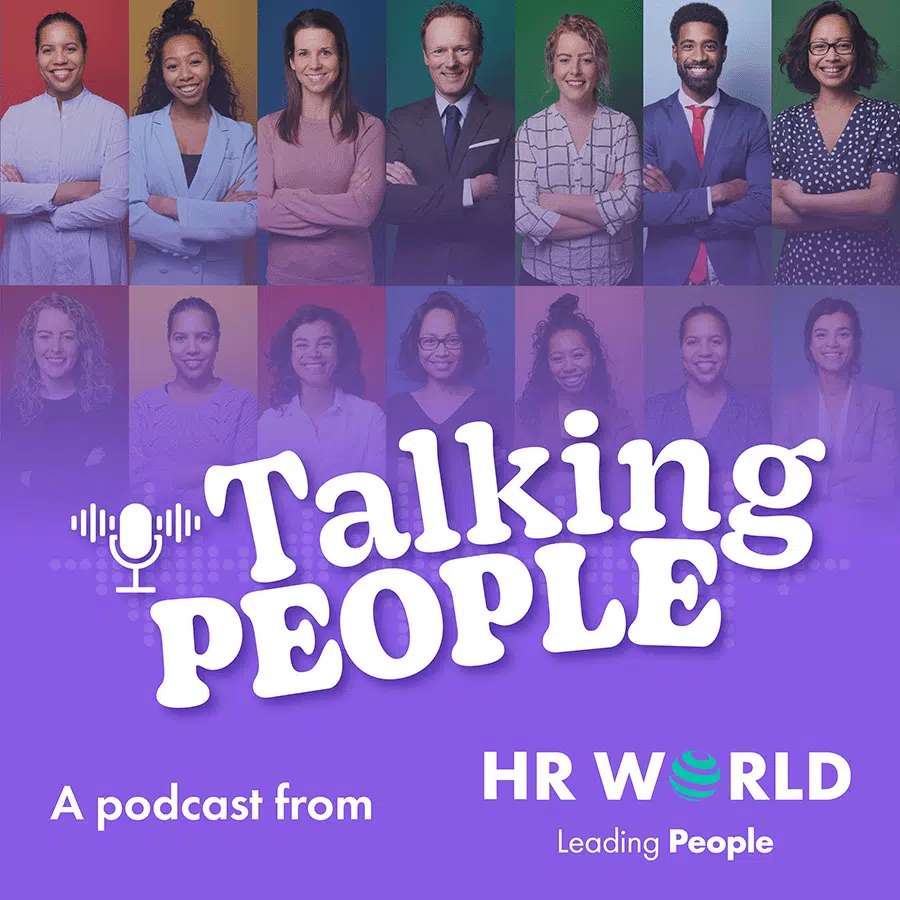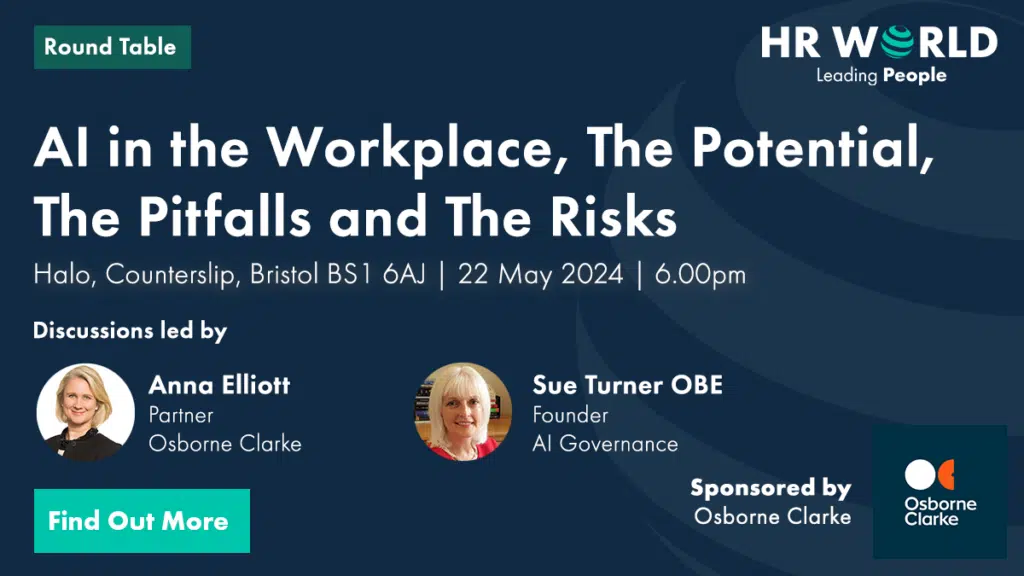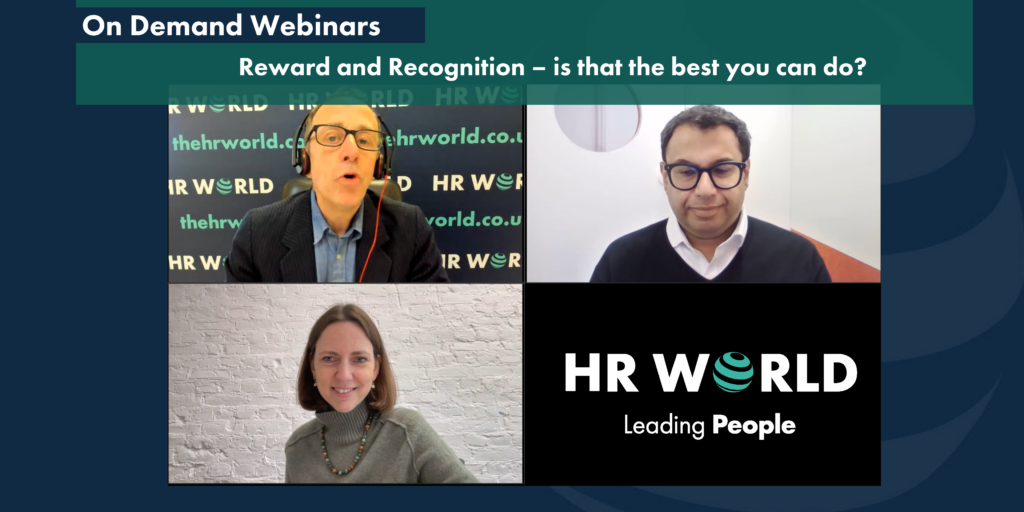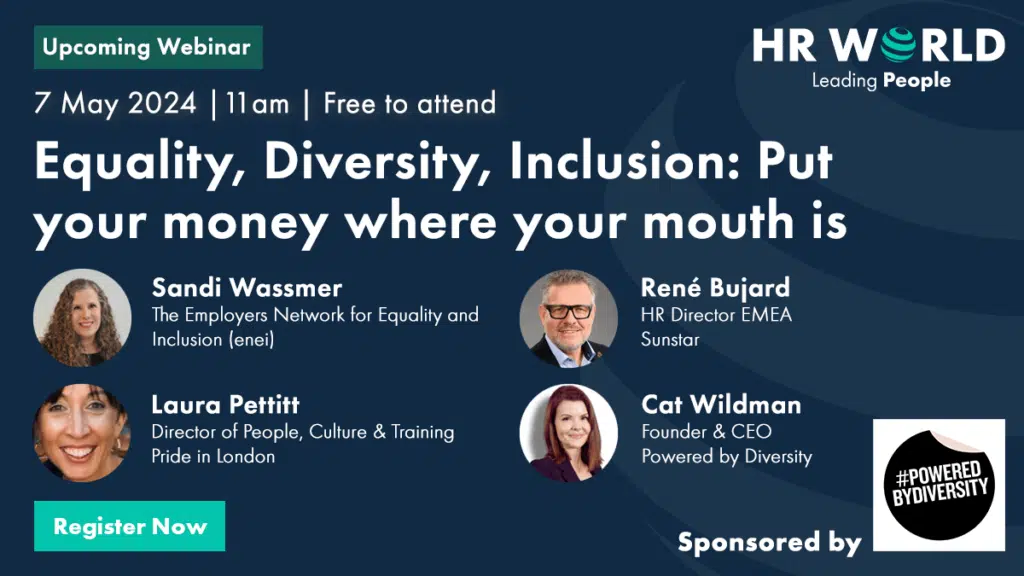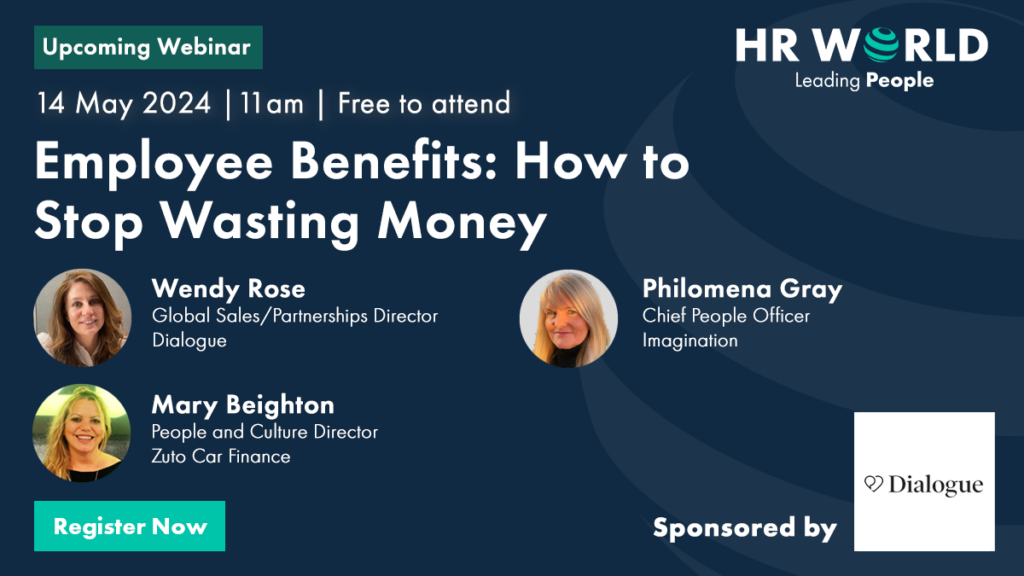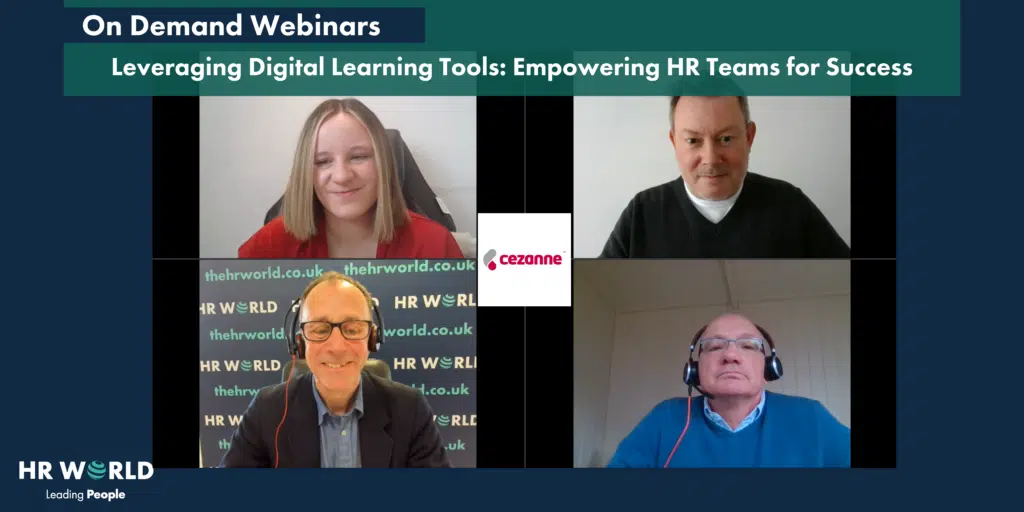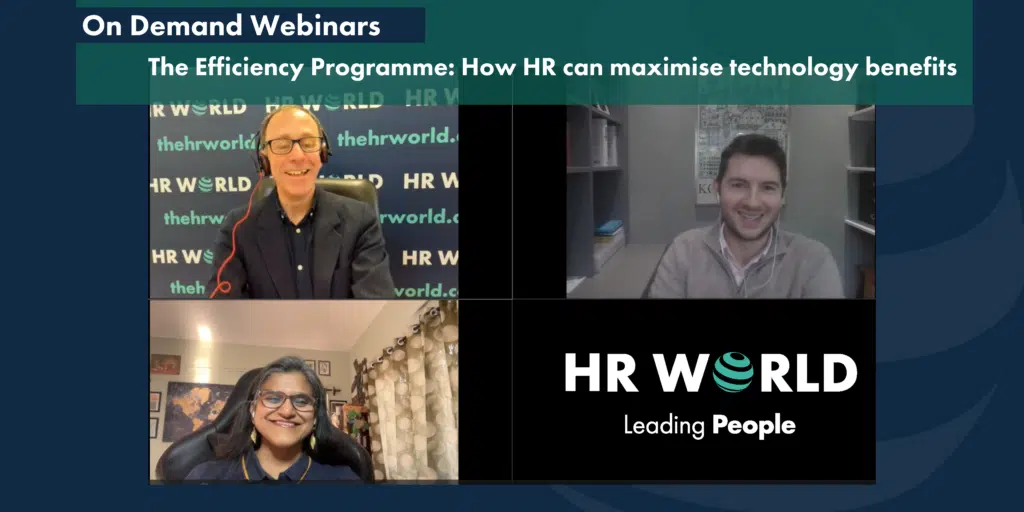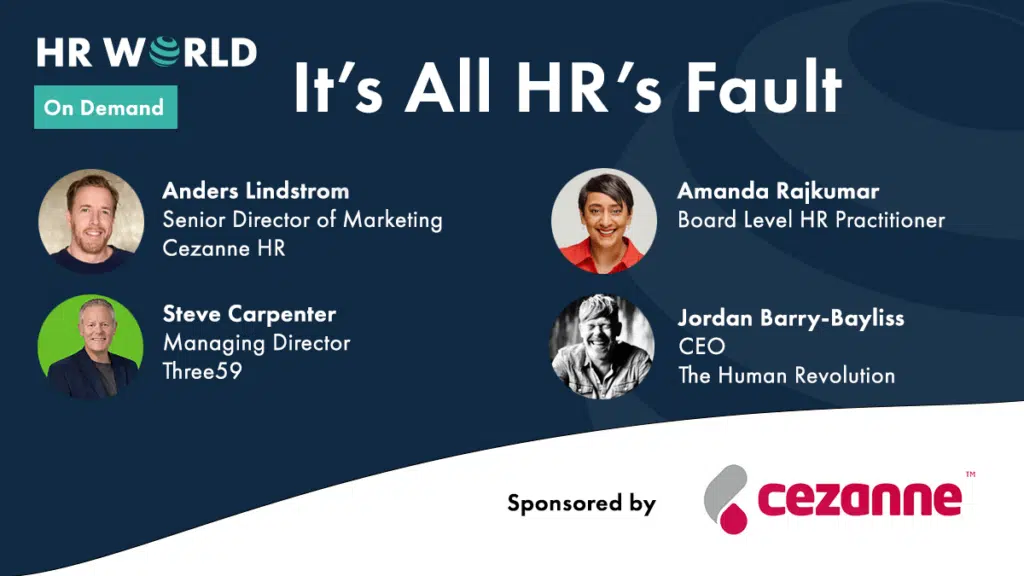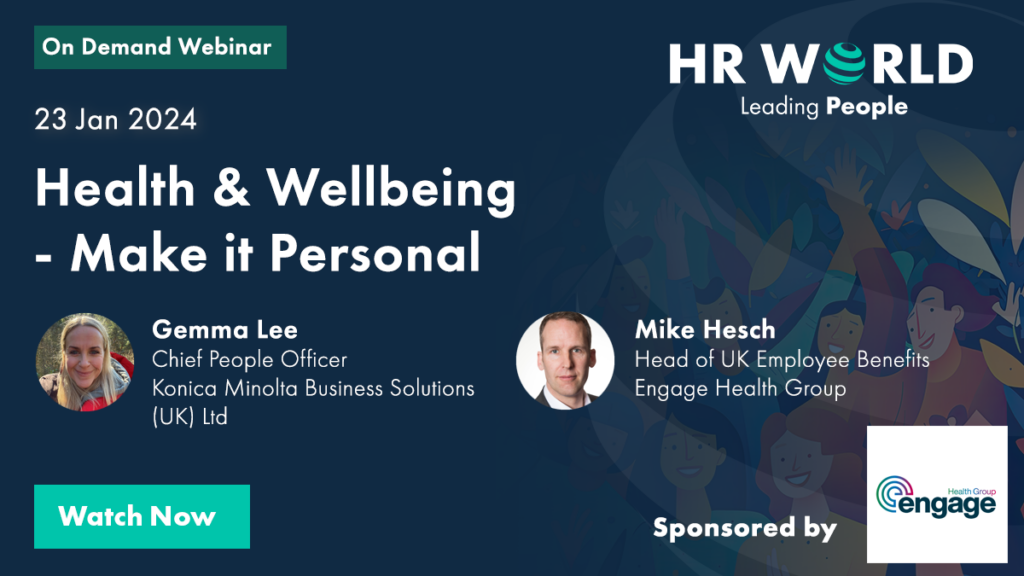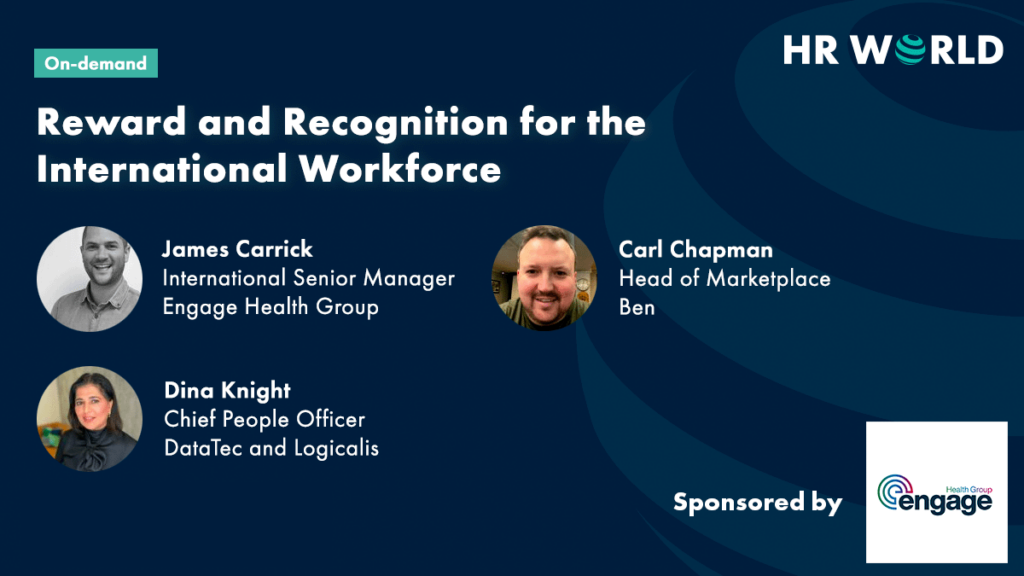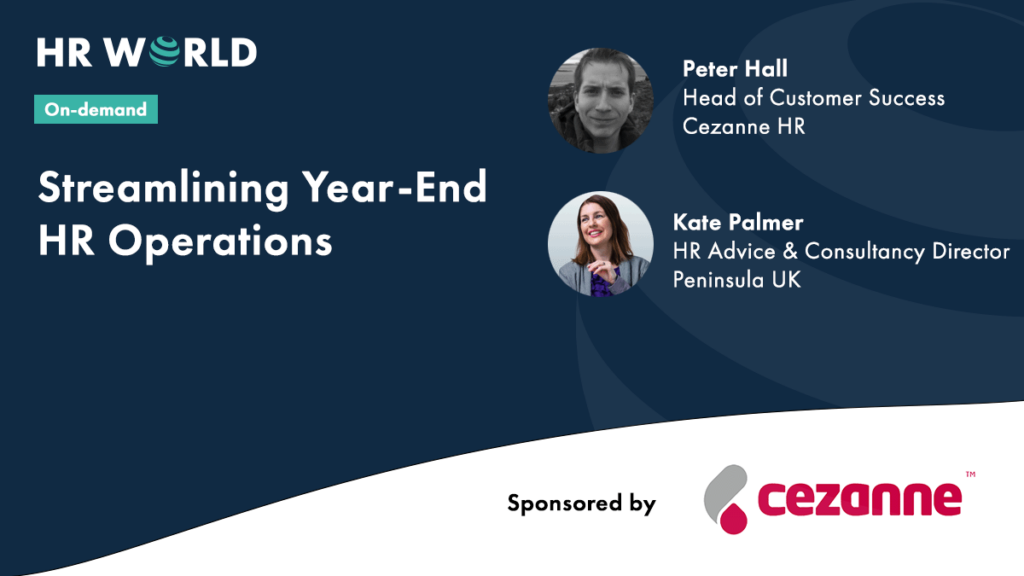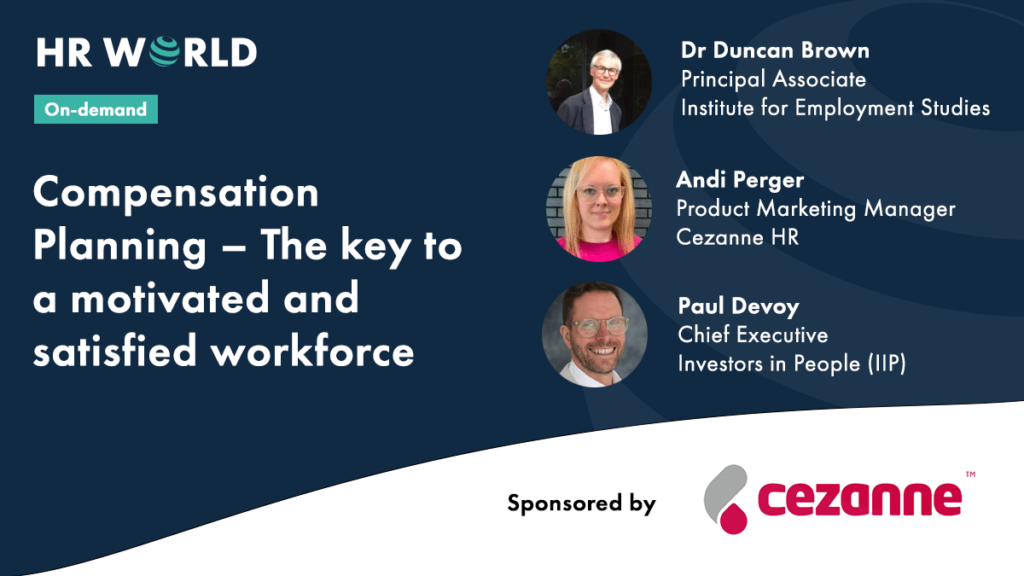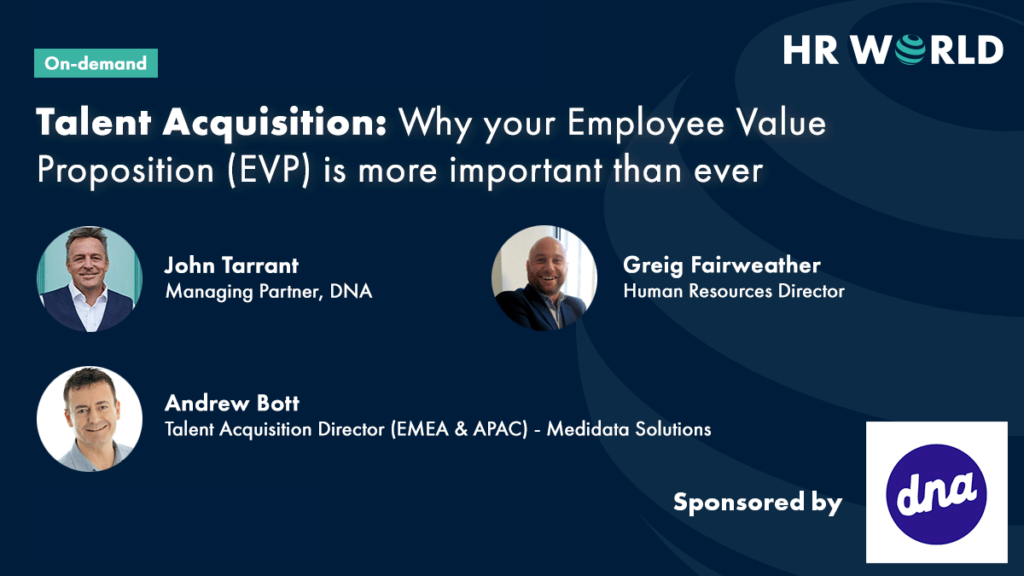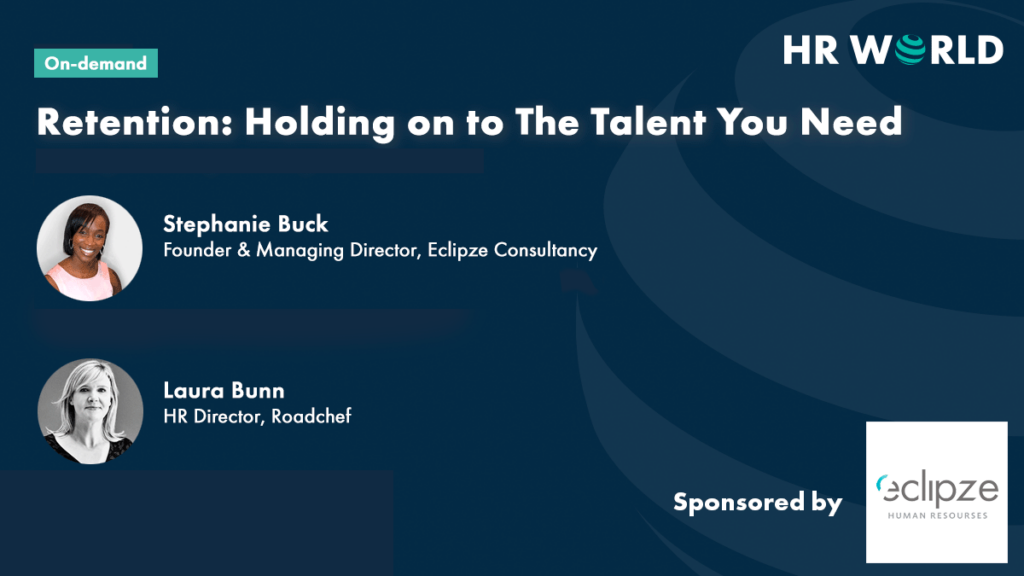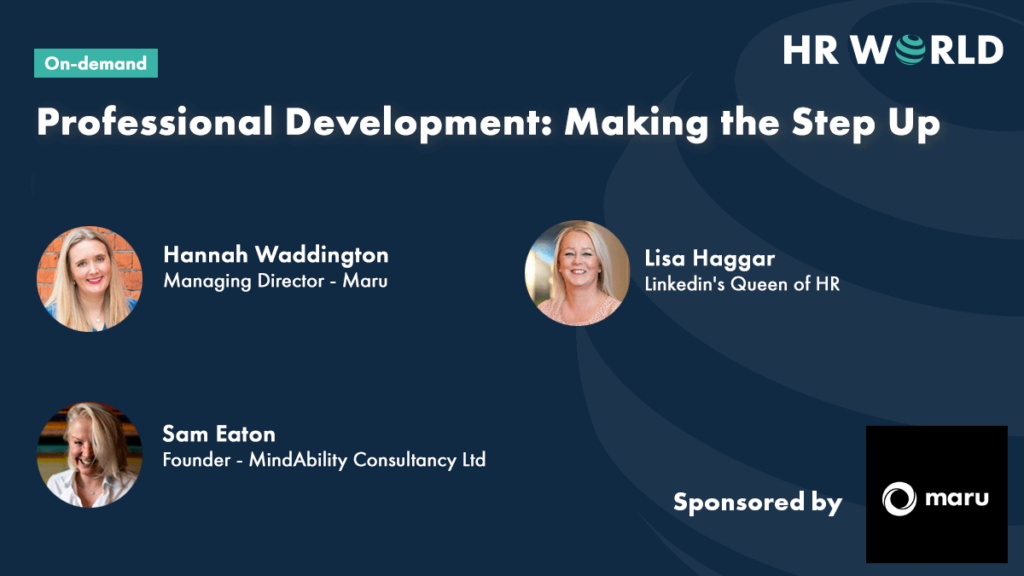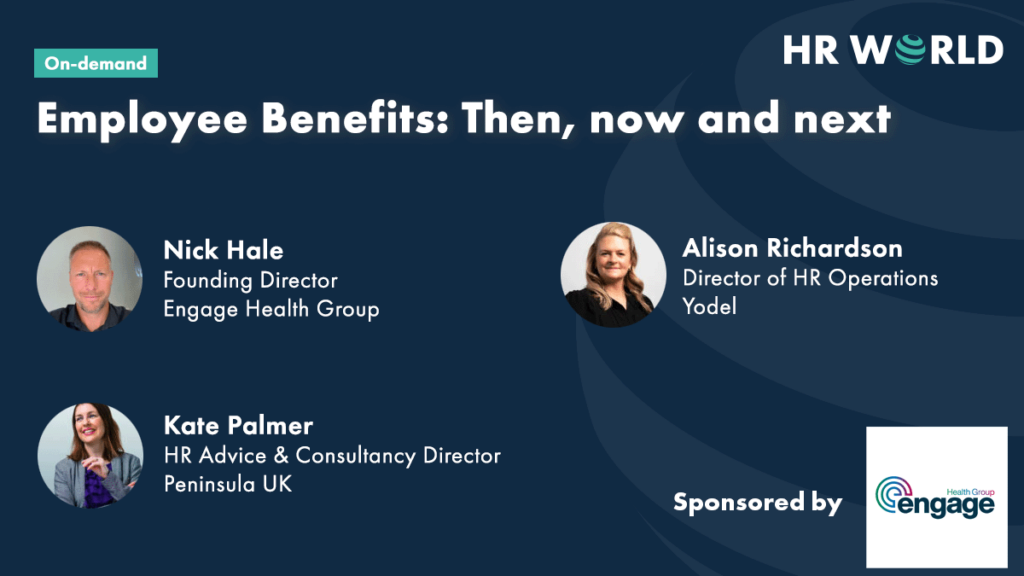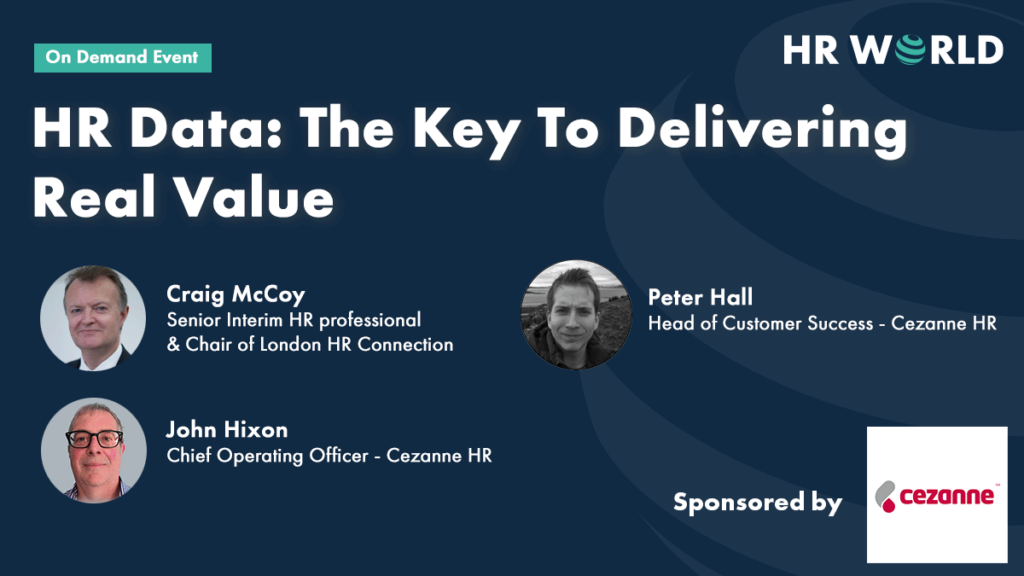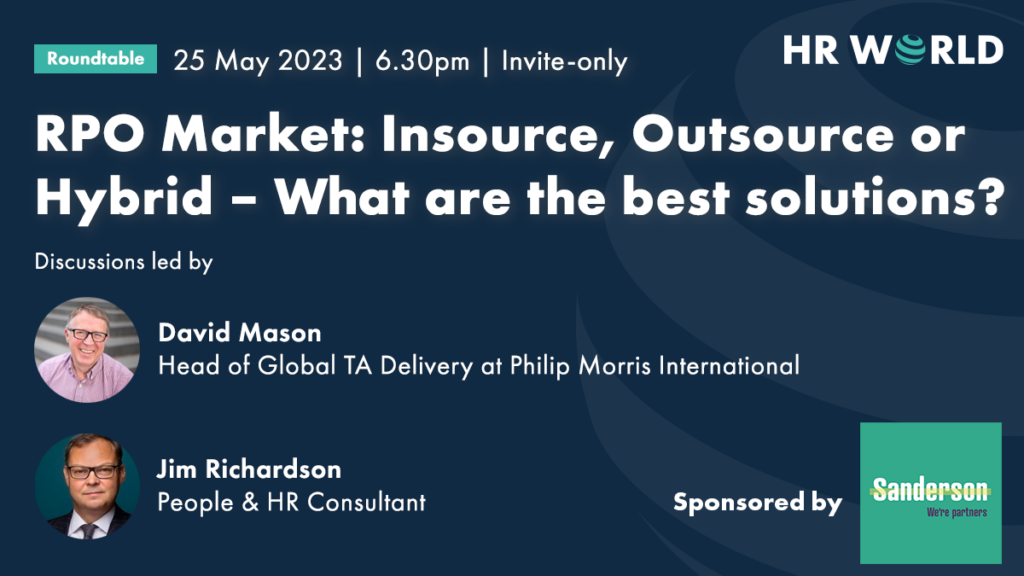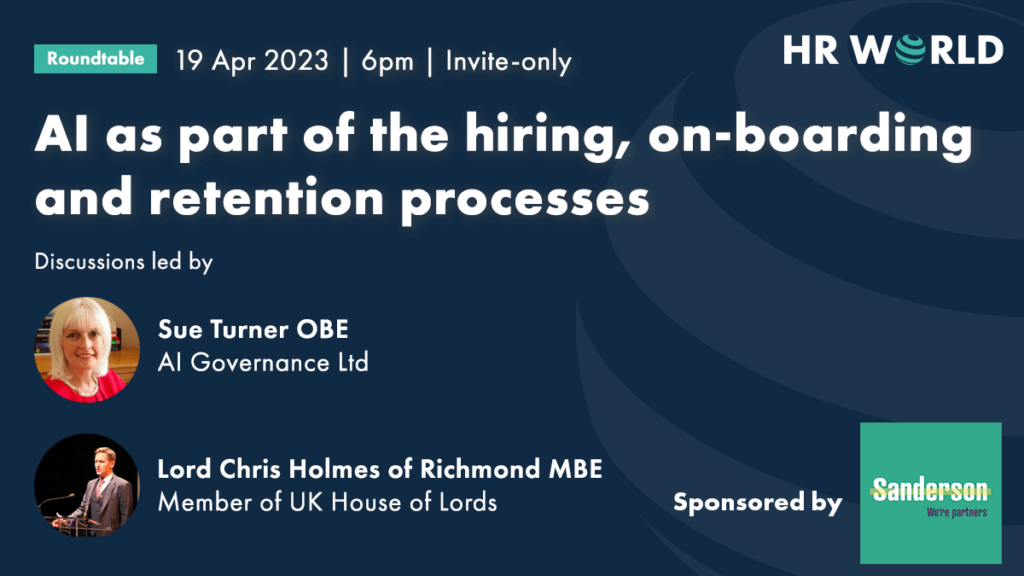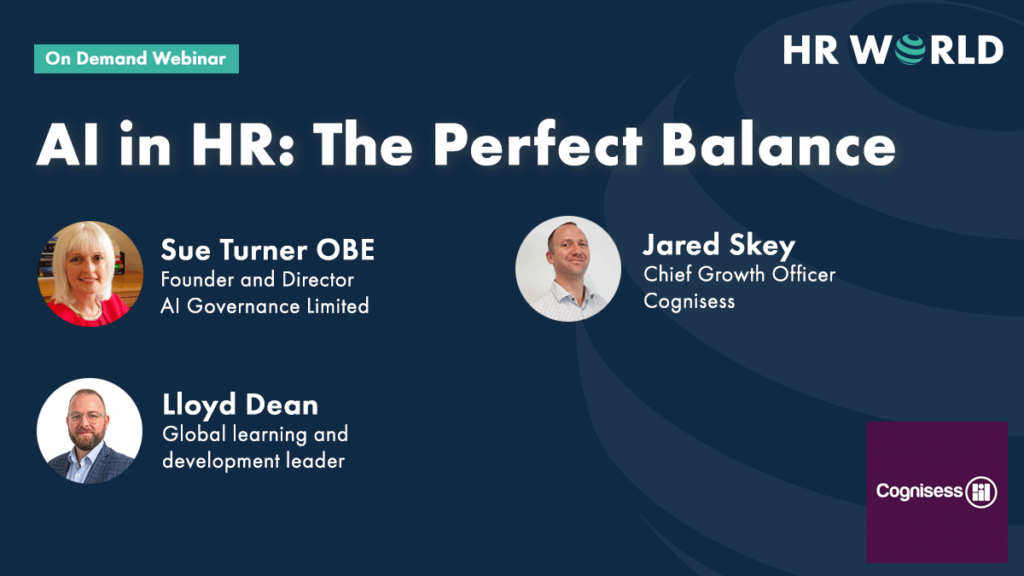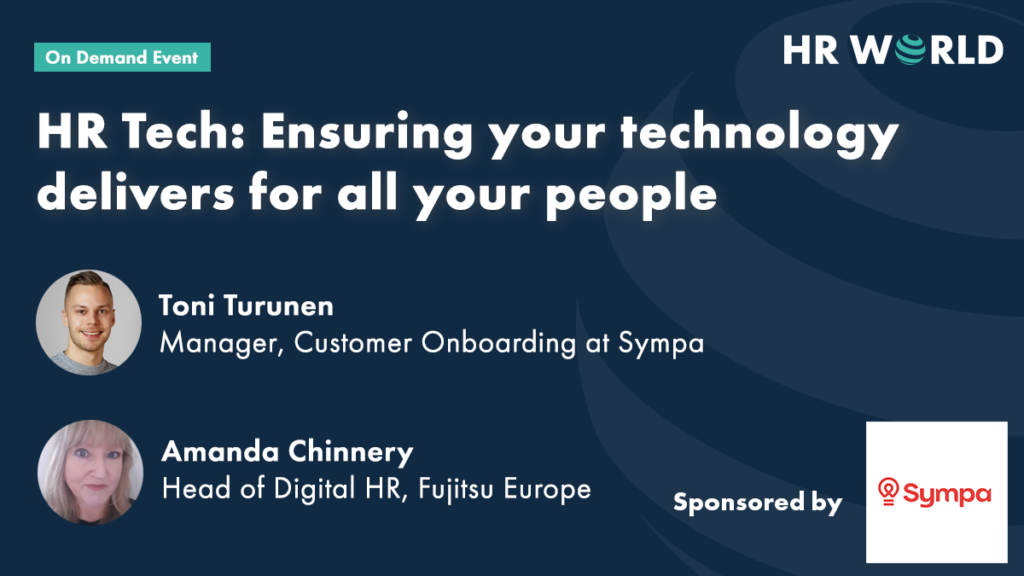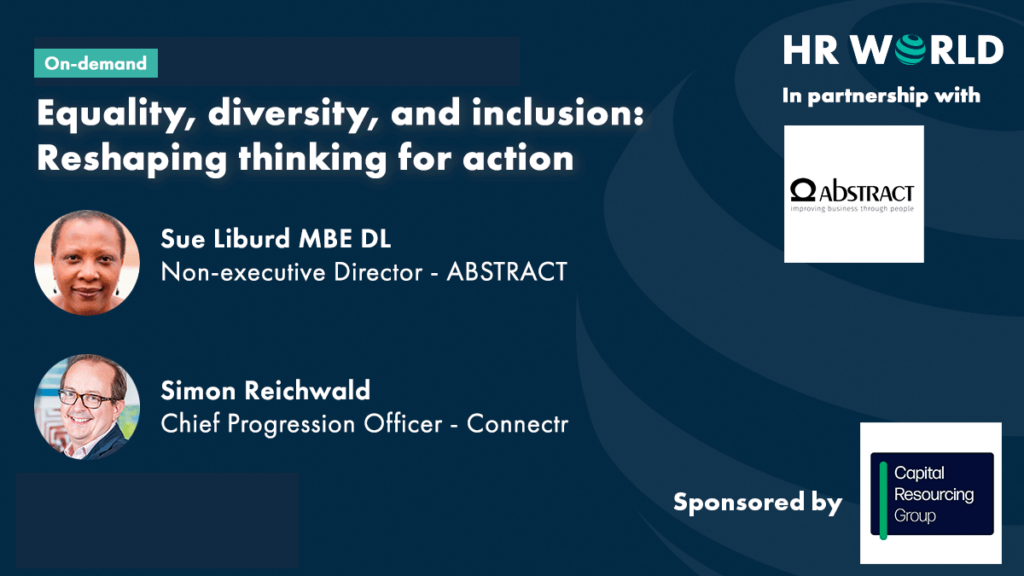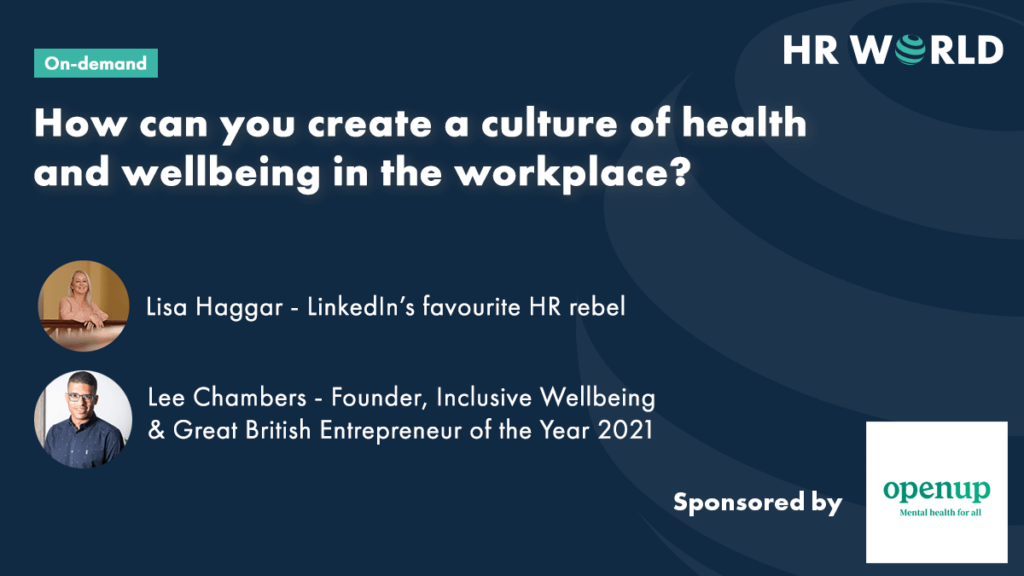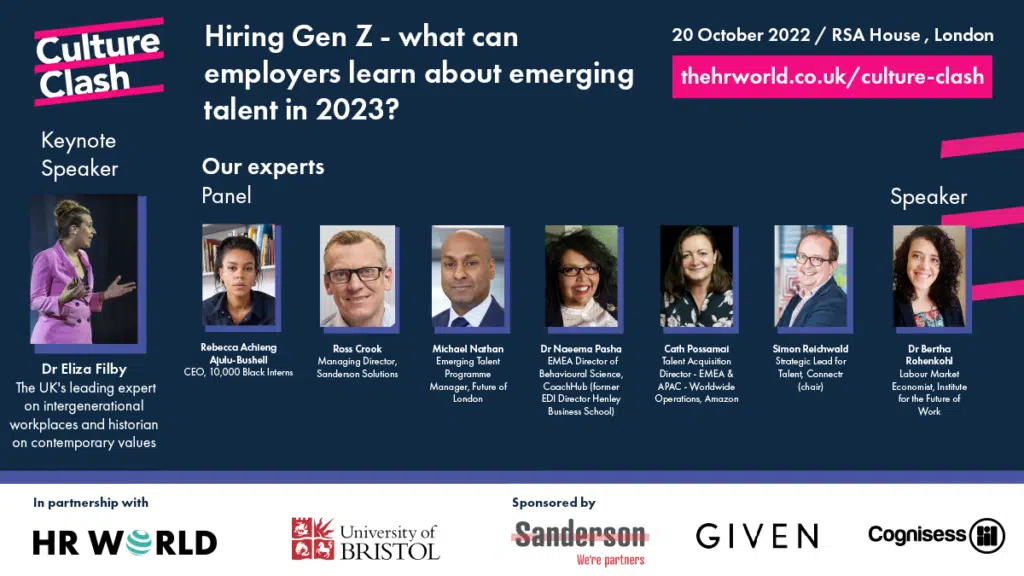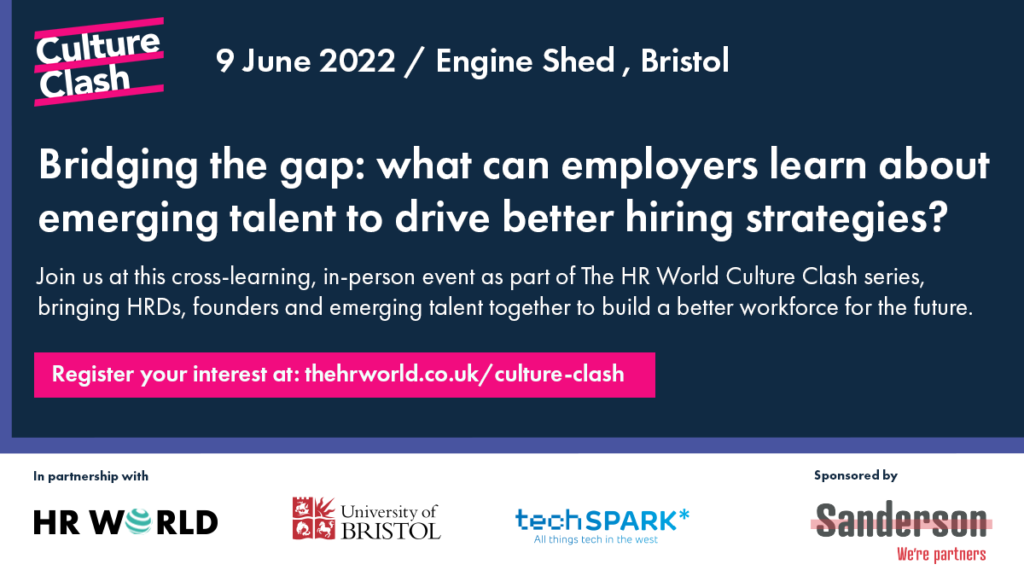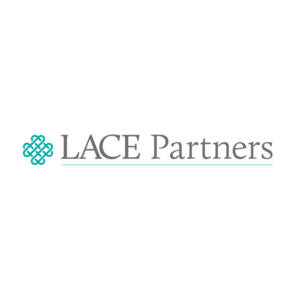Home » Knowledge Hub » HR AI » How the tech industry is failing women
How the tech industry is failing women
08 November 2023 HR AI

Story by
Naeema Pasha

AI safety is a crucial issue that affects the future of humanity and the planet argues author and speaker Dr Naeema Pasha. In the first of a two part series she argues that AI safety cannot be achieved without AI safe leadership, which means having ethical, diverse, and strategic leaders who can ensure that AI is used for good.
One of the key challenges for AI safe leadership is to address the gender imbalance and bias in the tech industry, which has a negative impact on the development and deployment of AI systems. Women in tech face many obstacles and discrimination, from lower pay and fewer opportunities, to sexism and harassment, to stereotypes and prejudices that undermine their skills and talents. This is not only unfair and unjust, but also harmful and dangerous for the quality and safety of AI.
The UK Prime Minister has recognised the importance of AI safety and convened a global group of experts and stakeholders at Bletchley Park to discuss and collaborate on this topic. It was a commendable initiative, but it also raises the question: how did we get to this point where AI is potentially unsafe and risky? How did we allow AI to be developed and deployed without adequate ethical principles and safeguards? How did we overlook the human and social aspects of AI, such as diversity, inclusion, and justice?
The answer lies in the structure and culture of the tech industry, which is largely dominated by men. The tech industry is one of the most innovative and influential sectors in the world, but it also has a serious problem with gender diversity. Women are underrepresented and undervalued in tech companies, from the boardroom to the engineering room. Women face many barriers and challenges to succeed in tech, such as the lack of mentors and role models, the culture of ‘brogramming and mansplaining’, the stereotypes and biases that limit their potential and opportunities. Women also have to deal with more severe and disturbing issues, such as sexism, sexual assault, and misogyny. These problems are not only detrimental for women’s careers and well-being, but also for the quality and safety of AI.
According to Nadia Baker Head of Employee Engagement & Communications at a UK retail bank, this needs addressing, “not dealing with the barriers and challenges women face in tech only serves to perpetuate the concerns we see with the evolution of AI i.e. an increased use of artificial intelligence in our everyday lives that is misinformed or misrepresentative of our society that inevitably means we will experience a regression from the growth we have seen in equality over several years.”
AI systems are designed and built by humans, who inevitably bring their own values, beliefs, and perspectives into their work. If the majority of AI developers are men, then AI systems can potentially reflect their views and preferences, which may not be representative or inclusive of other groups of people. If such challenges are left, they can lead to AI systems that are biased, unfair, or discriminatory towards women and other minorities. For example, facial recognition systems that fail to recognise women of colour, voice assistants that reinforce gender stereotypes, or hiring algorithms that favour male candidates.
As Olu Orugboh, CEO and founder of digital consultancy Synergy Organisational Solutions suggests “ as AI has now become fully entrenched across every industry sector, the reality is that unless tech leaders have in place truly diverse teams then AI systems will continue to reflect the perceptions of only one group, this in itself can result in significant bias to the detriment of marginalised people.”
Lack of representation and role models
One of the main reasons why women find it hard to pursue a career in tech is the lack of female representation and role models in the industry, which is a huge challenge for the HR industry. According to a report by PwC, only 3% of female students say that a career in technology is their first choice, compared to 61% of male students. Moreover, only 22% of students can name a famous female working in technology, whereas two thirds can name a famous male working in technology. The lack of female representation and role models creates a vicious cycle: fewer women enter the tech industry, which leads to fewer women in leadership positions, which leads to fewer women inspiring and mentoring the next generation of female tech talent. This cycle perpetuates the perception that tech is not for women, and discourages many women from pursuing their passion and potential in this field.
Pete Grosse, Chief People Officer at FSP says: “We know the tech industry needs to be more representative, with the latest data saying only 28% of tech workers are gender minorities.
“We continue to devote time, energy and resources to improving this because we believe it is both morally correct and critical for business success,” he adds. “At FSP, we are a keen supporter of the Tech Talent Charter alongside our broader EDIB strategy to attract and retain female talent, and those typically underrepresented in the industry. We also support schools to inspire the next generation of girls in tech as we feel we have a responsibility to demystify what a career in tech looks like for young women and help drive the culture shift in our local communities.”
See Also:
https://www.wisecampaign.org.uk/a-level-results-2023/
Look out for part two in the next fortnight.

